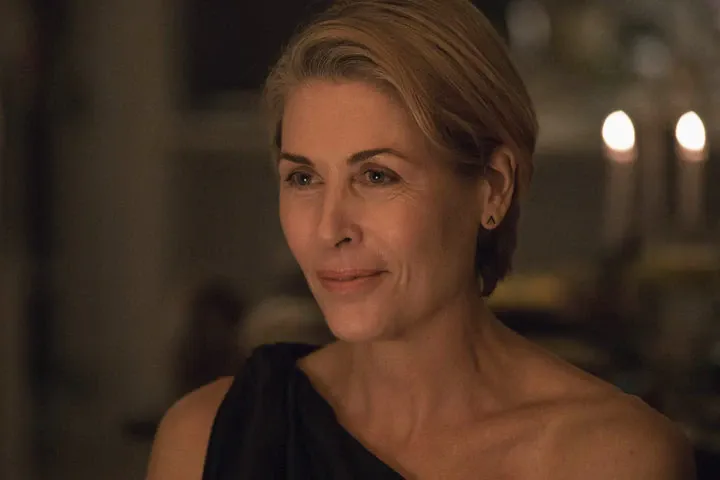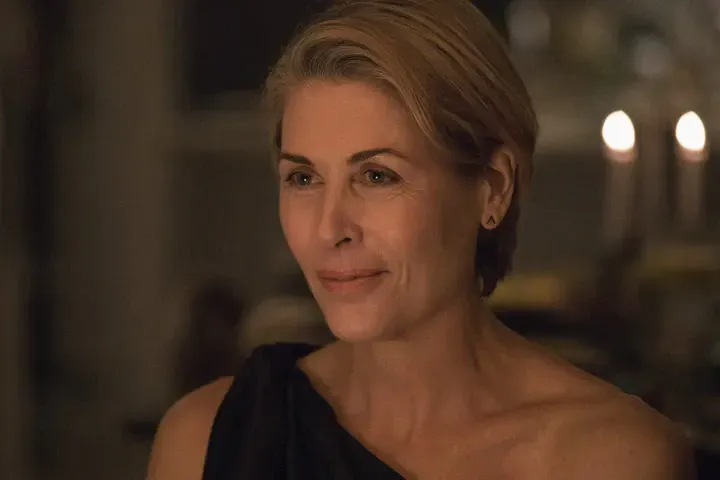Soapbox: Feelings are not enough! We need to INVEST in the arts
Written by

Over the last few years I’ve been speaking to a lot of community groups around Tāmaki-makau-rau. I call my presentation/talk The Craft of Acting and what follows are some of the troubling questions I am passionate to explore. My remarks pertain mainly to the theatre because I think it is in this arena that the craft of acting is at most risk of being lost.
After the lights come up
Being on a stage does not automatically make you interesting. In fact, the audience's expectations are raised exponentially when an actor, any actor, steps out into the light. And make no mistake, it is easy to get an audience’s attention - just turn the lights out. As soon as this happens an expectant hush descends. The real skill kicks in when the lights come up. The audience is totally focused, expectant, ready to be entertained or moved or appalled or delighted or whatever. The trick is to keep them there.
Having feelings isn’t enough. Yes, accessing emotions is important, but actors need craft, they must be able to apply techniques in order to present engaging, emotionally coherent, powerful performances again and again and again – 6, 7 or 8 times a week. It is not real, but it must be made to feel real; it’s not truth but it must be made to feel true. The actor’s job is to convince the audience that they are making it up right then and there. This is craft, and unless we seriously foster it, we run the risk that theatre becomes more and more the poor cousin in the arts.
What is acting and how can we define it?
I don’t think the public has a handle on this. There seems to be a perception that anyone can do it; that it’s just something one falls into somehow. But real acting, acting that engages us, that moves us, that transports us, is not guess work, it’s not a fluke, it’s never accidental, and believe me, not everyone can do it.

“Why can’t I hear the actors?”
"It started off well and then lost me along the way.”
These are the two most common things I hear at the end of my talks, and again, the response has to be that it is because for the most part, the new generation of actors, most of whom have trained (often for three years) seem not be able to put into practice the techniques required for the stage - vocal energy, movement, engagement with the audience and so on. It’s not necessarily the institution’s fault, and it’s not through lack of talent. It is merely due to the fact that once actors are in the freelance world, they have very little opportunity to practice what they have been taught. There is little or no top-down training because at present, no one can sustain a company of actors alongside dedicated, teaching directors. Consequently, craft development is for the most part sporadic. One or two plays a year won’t cut it.
Consequently, craft development is for the most part sporadic. One or two plays a year won’t cut it.
Add to this the fact that we are now playing shorter and shorter seasons (what used to be 4 week seasons are now at most 17 performances) and it becomes clear that there is even less of a chance to practice craft. After two weeks you’re well into the flow of the work, growing the character, building a rapport with audiences, and then BOOM, you have only three shows left.

Missing a strategy
Those of us lucky enough to have come through a repertory system (back to back productions and a variety of roles over an entire year), and to have been able to work at and develop our craft through consistent performance, will be dead in about twenty to thirty years. What system is there in place to enable the same kind of development in our next generations?
Approaching theatre as a deep and satisfying craft where artists, and I include set and lighting designers here, can develop in a company over an extended period is essential to its continual growth
How can our actors, directors, designers and other creatives continue to thrive and develop when there is no cohesive ‘company’ strategy in evidence? If we are serious about building audiences for theatre, we need to think seriously about how we develop and sustain our creative practitioners in a company setting.
We have a national ballet and a national orchestra, but where is the National Theatre?

